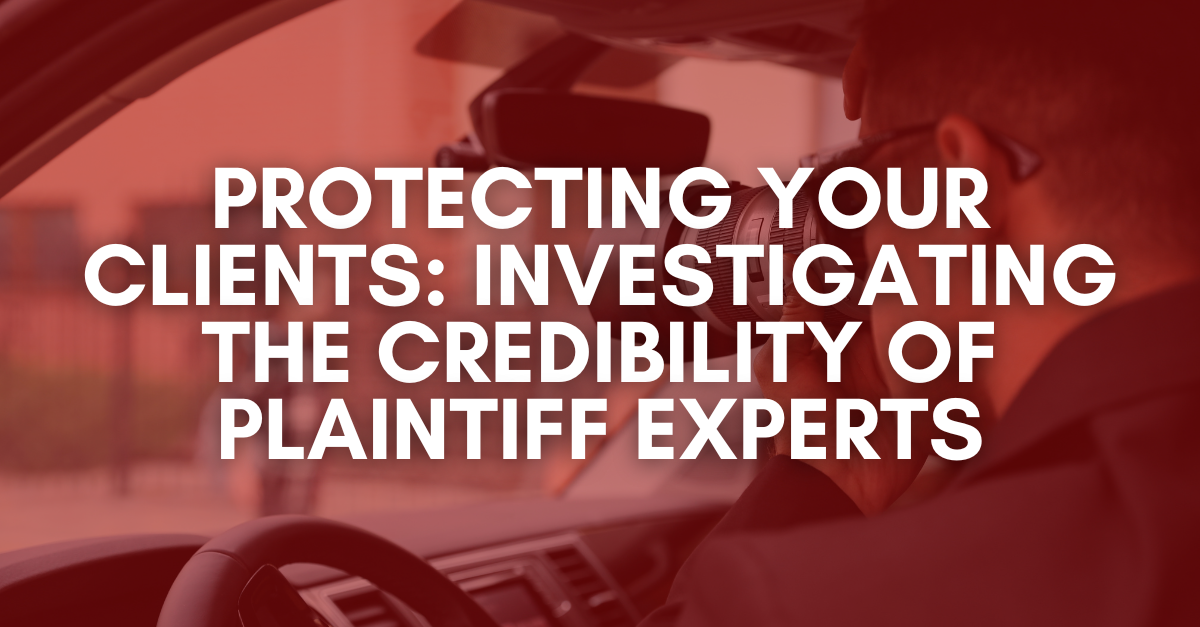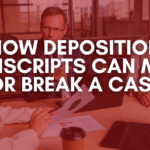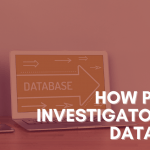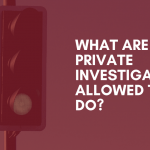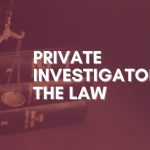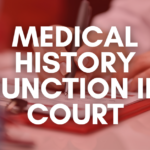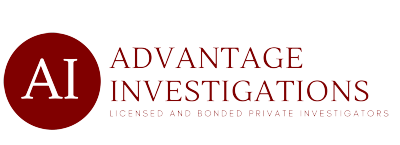In legal battles, particularly in high-stakes civil litigation, the credibility of expert witnesses can significantly sway the outcome of a case. For defense attorneys and insurance companies, scrutinizing the credibility of plaintiff experts is crucial to protecting their clients’ interests. Rigorous investigation into the backgrounds and testimonies of these experts can reveal biases, inconsistencies, and other factors that undermine their reliability. Here, we explore the importance of this process and provide strategies for effectively investigating plaintiff experts.
Why Investigate Plaintiff Experts?
Plaintiff experts are often portrayed as impartial and authoritative figures whose testimony can greatly influence a jury. However, their conclusions can be skewed by various biases, financial incentives, and professional affiliations. By thoroughly investigating these experts, defense attorneys can uncover information that challenges their credibility and supports a more balanced perspective in court.
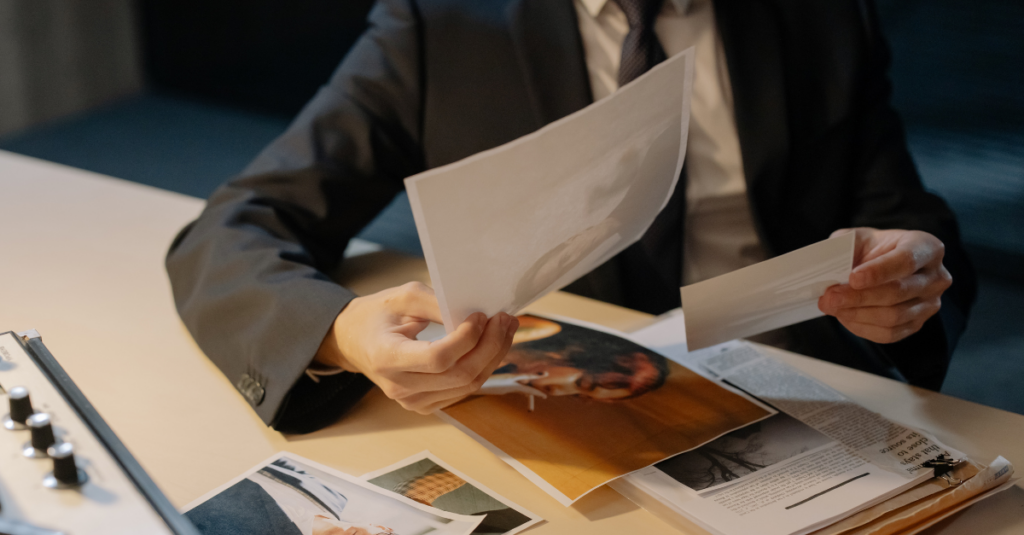
Key Strategies for Investigating Plaintiff Experts
- Conduct Comprehensive Background Checks: Start with a thorough examination of the expert’s professional history. This includes verifying credentials, reviewing employment history, and checking for any past disciplinary actions. A history of frequent testimony for plaintiffs might suggest a bias that can be brought to light during cross-examination.
- Review Previous Testimonies: Analyze past depositions and trial testimonies given by the expert. Look for patterns or recurring themes that indicate a predisposition towards plaintiff-friendly conclusions. Inconsistencies between different cases or deviations from established facts can weaken the expert’s credibility.
- Examine Financial Relationships: Investigate any financial ties the expert might have with the plaintiff’s legal team or related parties. Significant payments for testimony or consulting can suggest a conflict of interest. Highlighting these financial incentives can cast doubt on the objectivity of the expert’s opinions.
- Assess Published Works and Research: Reviewing the expert’s published articles, research papers, and other works can provide insights into their professional stance and potential biases. Look for language that indicates a consistent leaning toward plaintiff perspectives or any contradictions in their published opinions and testimony.
- Evaluate Methodological Soundness: Scrutinize the methodologies employed by the expert in forming their opinions. Engage with independent experts to assess whether the methods used are widely accepted in the field or if they deviate from standard practices. Identifying flaws or unconventional approaches can help undermine the expert’s conclusions.
- Investigate Professional Affiliations: Explore the expert’s affiliations with professional organizations, advocacy groups, or industry bodies. Membership in groups with known biases or agendas can influence the expert’s testimony. Understanding these connections can provide valuable context during cross-examination.
Leveraging Deposition Transcripts
Deposition transcripts are an invaluable resource in the investigation process. These detailed records capture the expert’s statements under oath, providing a basis for identifying inconsistencies and biases. Defense attorneys should meticulously review these transcripts, comparing them with other evidence to uncover contradictions and weaknesses in the expert’s testimony.
Importance for Insurance Companies
Insurance companies that insure doctors, hospitals, and other professionals must be vigilant in ensuring that plaintiff experts are thoroughly vetted. Uncovering biases and discrediting unreliable testimony can lead to more favorable outcomes in litigation, reducing liability and protecting the interests of insured clients. Partnering with specialized investigation firms can enhance the thoroughness and effectiveness of this vetting process.
Investigating the credibility of plaintiff experts is a vital component of a robust defense strategy. By conducting comprehensive background checks, reviewing past testimonies, examining financial relationships, assessing published works, evaluating methodologies, and investigating professional affiliations, defense attorneys and insurance companies can effectively challenge the reliability of expert witnesses. This thorough approach not only safeguards clients’ interests but also contributes to a fairer and more balanced legal process.

